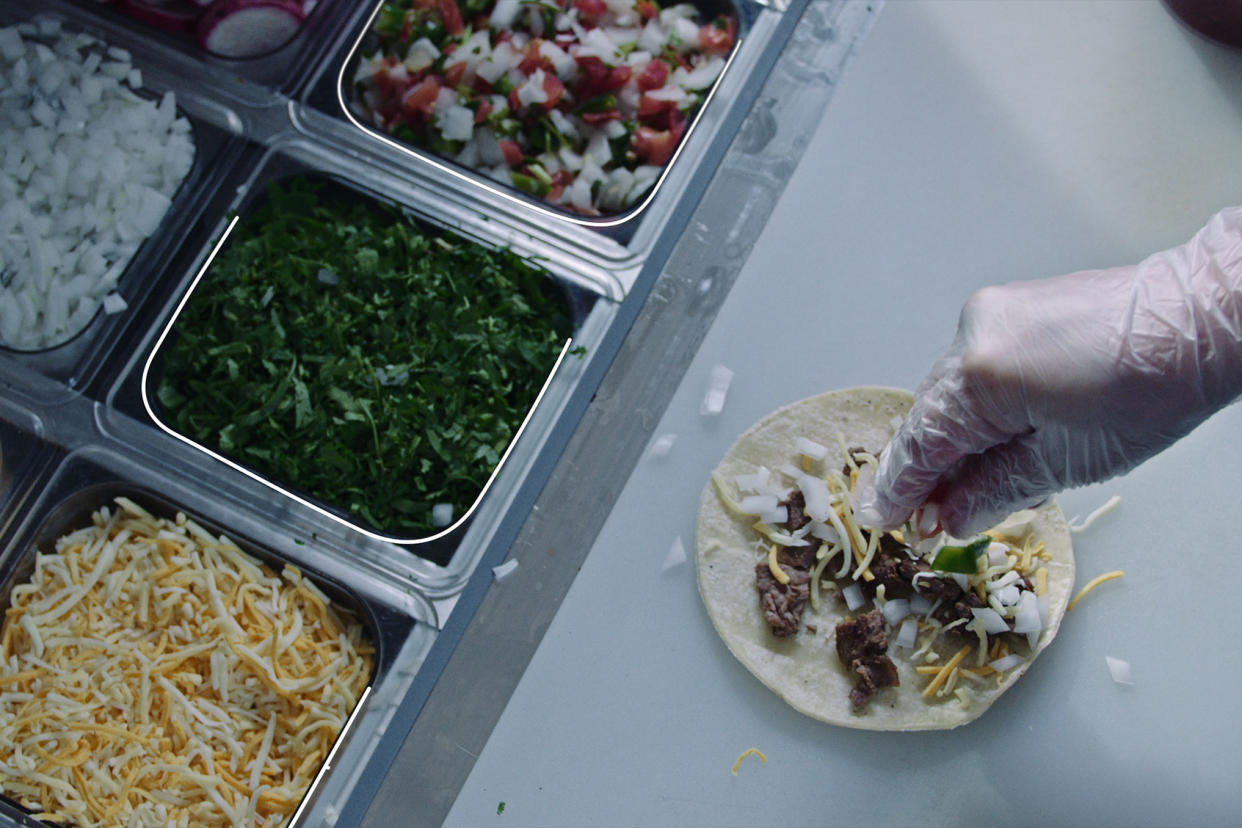"Poisoned": The 6 most horrifying revelations from Netflix's food safety documentary

It's been said many times that the U.S. has one of the safest food supplies in the world. But take a look at our food safety history and you'll believe otherwise. Meats can be sold with food-borne pathogens in them. Peanuts were once shipped with positive salmonella contamination. And leafy greens, namely romaine lettuce and spinach, are the largest (and most notorious) carriers of E. coli.
According to the Centers for Disease Control and Prevention (CDC), roughly 48 million people get sick from food-borne illness each year in the U.S — which is not a comforting statistic. While many strides have been made toward improving food protocols and regulations, the overall system remains broken as major regulatory agencies continue to take advantage of consumer safety.
A lot of what we know about our foods is still a mystery. And it's also quite nightmarish — so much so that you may be compelled to ditch the grocery stores and forage for your own food out in the wild. The nationwide food system is explored (and exposed) in Netflix's "Poisoned: The Dirty Truth About Your Food," a documentary that delves into the ugly side of food production, regulation and law. At the center of the documentary is Bill Marler, a personal injury attorney and ardent food safety advocate. Marler has litigated numerous cases concerning romaine lettuce, cut fruit, caramel apples, tomatoes, cookie dough, baby formula, Lucky Charms . . . you name it. The documentary also spotlights the families of those who either lost their lives to or were severely affected by food-borne illnesses.
Here are the six most harrowing revelations from the doc:
"Poisoned: The Dirty Truth About Your Food" is currently available for streaming on Netflix. Watch a trailer for it below, via YouTube:
Read more
about food safety:

